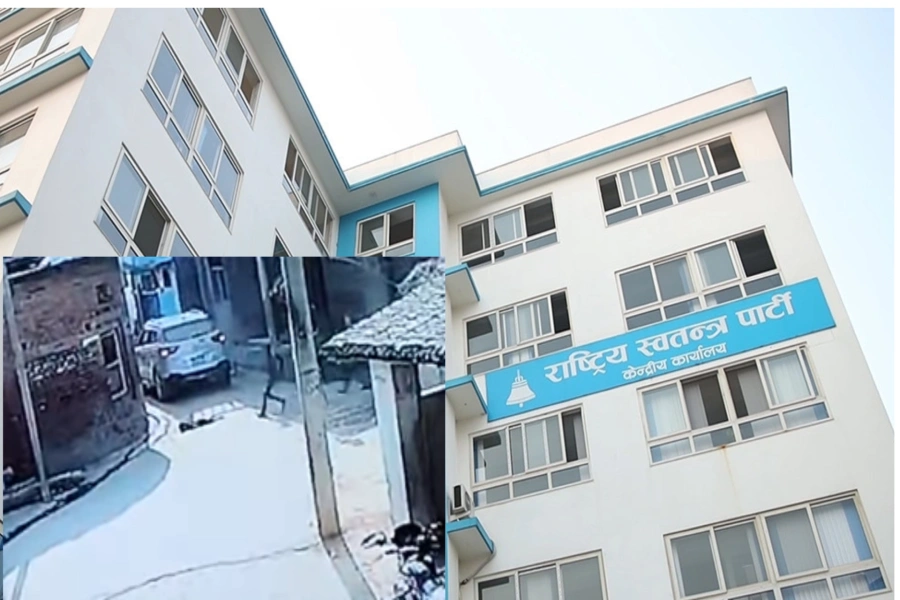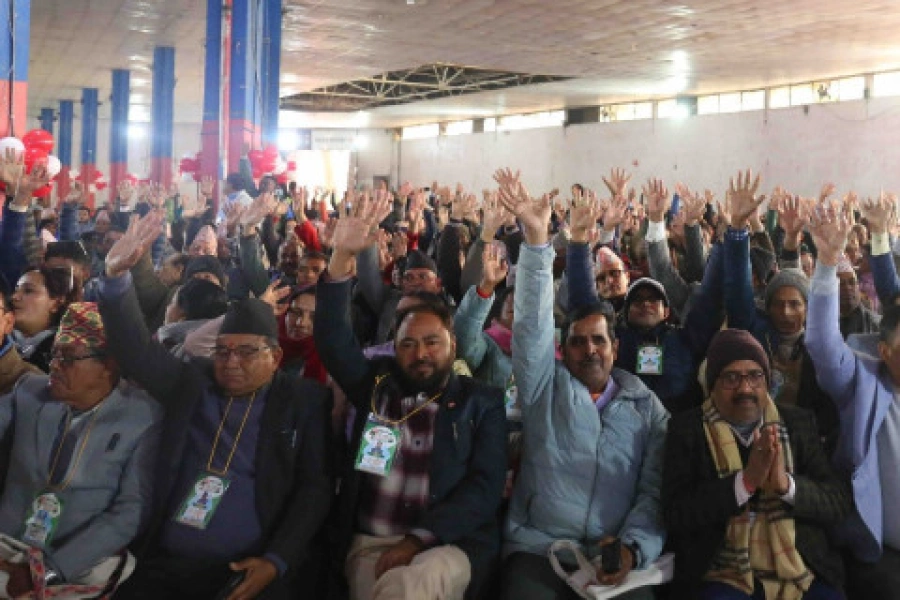Government change
Whether or not there was a 'gentleman's agreement' (and we suspect there was one) between CPN-UML and now CPN (Maoist Center) on government change, we don't see any rationale for Prime Minister KP Sharma Oli passing the baton to Maoist supremo Pushpa Kamal Dahal if Dahal, too, will head a coalition government. A change of government only makes sense if Dahal, or some other political leader, enjoys the support of the three major parties as well as the protesting Federal Alliance and can hence form a government of national unity. For it won't be possible to amend the new constitution to address the concerns of the protesting alliance without the support of either Congress (the largest party in parliament) or UML (the second largest). Which is why rather than getting into an argy-bargy over the gentleman's agreement, the major political forces must urgently work towards a government of national unity. The question of who gets to lead such a government—Oli, Dahal or Congress President Sher Bahadur Deuba—will in that case be of academic interest.
Desperate search for missing girls as nearly 80 dead in Texas f...

In fact, there are good reasons for a change. The leftist coalition government of Oli has not been able to deliver on any front. His government has failed to bring timely help to earthquake victims. Nor has it succeeded in taming inflation, which is still in double digits, four months after the end of the border blockade. His new budget that promised 25 percent increase in salaries of government employees will, if anything, further boost inflation. His ministers were implicated in black-marketing of fuel during the blockade. The prime minister chose to do nothing to punish the culprits. But Oli's biggest failure has to be his inability—some would say unwillingness—to engage the protesting Madheshi and Janajati outfits so as to work out viable constitutional settlements. As we have repeatedly noted in this space before, Oli's ability to courageously stand up to the Indian bullying during the four and half months of the blockade, and to consequently reach out to China, has been the only positive aspect of his eight months as prime minister. But even on China, Oli and company have not shown much inclination to implement the spate of recent agreements with the northern neighbor.
The question then is: Who should replace him at the top? Will only a change of prime minister, even if he/she will again only get to lead a coalition government, create more conducive climate for the implementation of new constitution? Will such a government be cleaner and more accountable? There is certainly a possibility of improvement, but we doubt there will be any meaningful change if one coalition government is replaced by another coalition. All recent governments in Nepal have shared some common, troubling characteristics: they have all been bloated; they have all abetted corruption and nepotism; and none has bothered itself with people's livelihood issues. This is not an excuse to continue with the dysfunctional Oli government. (In fact, we have in the recent past made a strong case for his replacement.) But if he has to be replaced, it has to be a national unity government which, even if can't effectively govern, can at least credibly commit to settling outstanding constitutional issues.






































